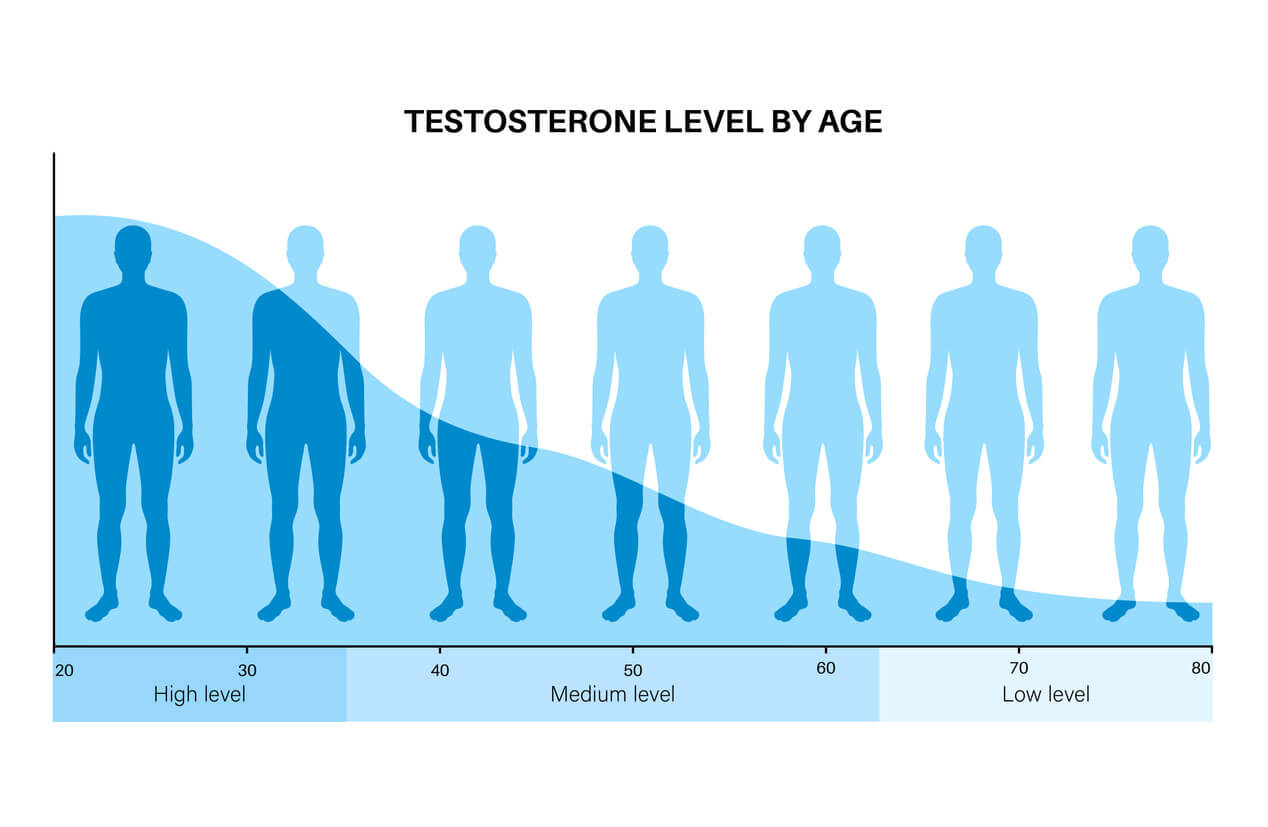ABS Audio Newsletter: Boosting Testosterone
Issue 64: How to increase and maintain testosterone levels
Welcome to the 64th issue of the ABS Audio Newsletter! Boosting testosterone can be approached through various lifestyle changes, dietary adjustments, and in some cases, medical interventions. This is critical for heart health, energy systems, mood, athletic performance, reproductive health, etc. Below are several methods to naturally and medically enhance testosterone levels:
Lifestyle Changes
Exercise and Weightlifting:
Regular physical activity, especially weightlifting and high-intensity interval training (HIIT), can significantly increase testosterone levels.
Resistance training, such as lifting weights, is particularly effective.
Adequate Sleep:
Ensuring 7-9 hours of quality sleep per night can help maintain optimal testosterone levels.
Poor sleep patterns and sleep deprivation can lead to a significant reduction in testosterone production.
Stress Management:
Chronic stress elevates cortisol levels, which can negatively impact testosterone.
Practices like meditation, yoga, deep breathing exercises, and other stress-relief techniques can help lower stress and boost testosterone.
Healthy Weight:
Maintaining a healthy weight is crucial, as obesity is linked to lower testosterone levels.
Weight loss through diet and exercise can help improve testosterone production.
Sun Exposure and Vitamin D:
Vitamin D plays a role in testosterone production. Regular exposure to sunlight can help maintain adequate Vitamin D levels.
Vitamin D supplements can also be beneficial, especially in individuals with low levels.
Dietary Adjustments
Balanced Diet:
A diet rich in proteins, healthy fats, and carbohydrates is essential for hormone production.
Include foods like lean meats, fish, eggs, nuts, seeds, fruits, and vegetables.
Healthy Fats:
Consuming healthy fats, such as those found in avocados, olive oil, nuts, and fatty fish, can help boost testosterone levels.
Omega-3 fatty acids, in particular, are beneficial.
Zinc and Magnesium:
Zinc and magnesium are minerals that play a crucial role in testosterone production.
Foods rich in zinc include meat, shellfish, beans, and nuts.
Magnesium-rich foods include leafy green vegetables, nuts, seeds, and whole grains.
Avoid Excessive Alcohol and Drugs:
Excessive alcohol consumption and drug use can negatively affect testosterone levels.
Limiting intake can help maintain healthy testosterone levels.
Medical Interventions
Testosterone Replacement Therapy (TRT):
For individuals with clinically low testosterone levels, TRT can be prescribed by a healthcare provider.
This therapy can be administered via injections, patches, gels, or pellets.
Medications:
Certain medications can stimulate testosterone production, such as human chorionic gonadotropin (hCG).
Clomiphene citrate is another medication that can be used to treat low testosterone in some cases.
Herbal Supplements:
Some herbal supplements, such as fenugreek, ashwagandha, and tribulus terrestris, have been shown to have a positive impact on testosterone levels (albeit a very small magnitude).
It's important to consult with a healthcare provider before starting any supplement regimen.
Regular Monitoring
Blood Tests:
Regular blood tests can help monitor testosterone levels and ensure they remain within a healthy range.
This is especially important for individuals undergoing TRT or using supplements.
Consulting with a healthcare provider is essential before starting any new treatment or making significant lifestyle changes, especially for those considering medical interventions.
The outline of our conversation:
1. General Introduction
2. Lifestyle Factors
3. Dietary Contributors
4. Medical Cases/Monitoring
5. My takeaways and motivational sendoff!
I greatly appreciate your viewership; catch you all in the comments. Stay tuned for the 65th issue next week!





